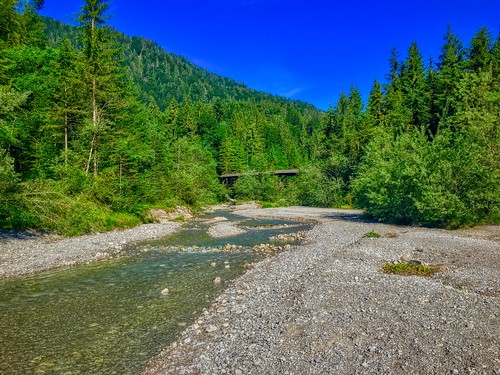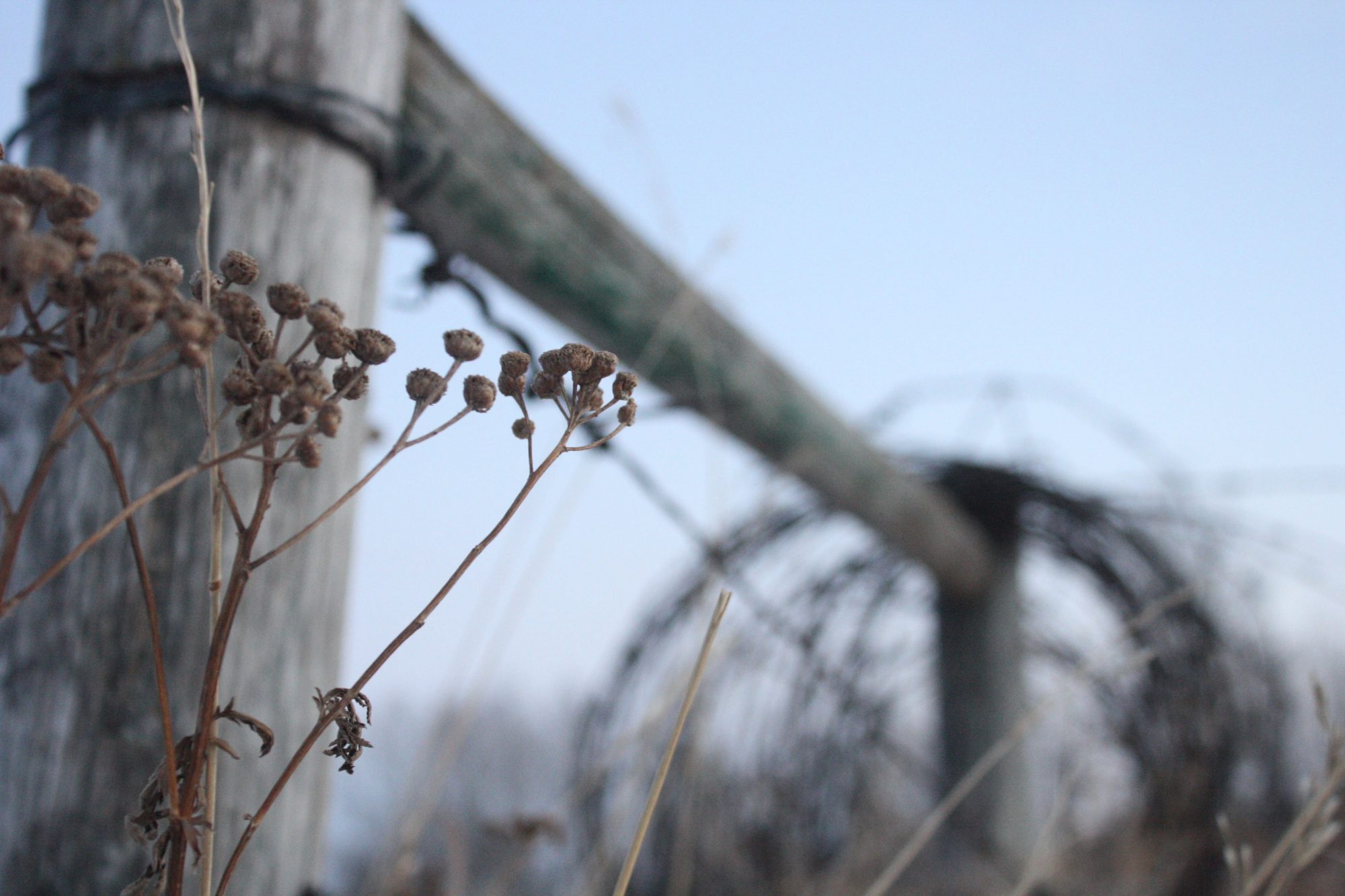“As long as the sun shines, the grass grows and the river flows”. This is a quote I have heard many times throughout my life. I thought this was a common quote most knew. However, I was wrong. To me, this quote states that treaties will last as long as these elements continue to live on. To others, it literally means sun shining, growing grass and a flowing river. I find this interesting. Throughout my education, I was fortunate to have teachers who incorporated Treaty Ed into all my classes. For instance, it was no surprise for an Elder to come into our classroom to share their knowledge with us. Or English classes incorporating Blanket Exercises into the lessons to teach us how the identity of Aboriginals was taken away in residential schools. Or when we were learning about residential schools, having residential school survivors come into our class, sharing their horrific stories that have deeply impacted me ever since. Or going to Treaty 4 gatherings in Fort Qu’appelle. Before moving to Regina and joining the Faculty of Education, I thought this teaching of Treaty Ed was common but it wasn’t until I started classes I learnt that my peers did not share the same experience. For instance, I was asked what a Blanket Exercise? At that moment I thought to myself, “this person cannot truly be serious, I did at least 2 Blanket Exercises during my education”. I guess this leads to this week’s blog post requirements. Mike and Katia began their reading response by discussing an email they received from an intern who was struggling with Treaty Ed as the students and staff were not taking it seriously. This is what got me thinking: “There are actually schools that don’t teach Treaty Ed? That is insane”.

Dear Intern-Who-Is-Trying,
You are not alone with your struggle with students being racist towards Treaty Ed. You are also not alone with unsupportive staff who do not understand why one must incorporate Treaty Ed into their classroom regardless of their student demographic. As I write this letter, I hope to answer two questions for you.
The questions are as follows: What is the purpose of teaching Treaty Ed (specifically) or First Nations, Metis and Inuit (FNMI) Content and Perspectives (generally) where there are few or no First Nations, Metis, Inuit Peoples? What does it mean for your understanding of the curriculum that “We are all treaty people”.
Let’s start answering this question by looking at the curriculum. Treaty Ed is in the curriculum. Math is in the curriculum. Do we teach math? Yes. Why? It’s in the curriculum. TREATY ED IS IN THE CURRICULUM. Teachers have an obligation to address all parts of the curriculum whether or not they agree with it. Let’s just keep that in mind. Maybe your colleagues at the school should be reminded of this. In Dwayne Donald’s “On What Terms Can We Speak”, he says “The way that you think about the relationship (between Aboriginal and non-Aboriginal peoples) has a distinctive bearing on how you take it up in the classroom,” meaning if you create a respectful relationship in the classroom, then the relationship will be respected but if you avoid the relationship in the classroom, it indicates you are avoiding the relationship.
If educators decided to pull the “none of my students are First Nations, Metis, or Inuit” card, they are avoiding this relationship. But it is also important to note why educators may be avoiding this topic other than student demographics. Donald points out “teachers are to teach an Aboriginal perspective which they really don’t know a thing about” meaning teachers are unfamiliar with this perspective but as Donald goes on, he says “people [educators] do want to get better with teaching this but it will take time,” (5:00-5:10) meaning those who are unfamiliar with Treaty Ed are not alone and educators must communicate with one another to help each other build successful relationships between Aboriginals and non-Aboriginals. This is an idea which many white settlers are uncomfortable thinking of since it goes against their own thoughts and opinions, however, once again, educators are not alone with this feeling. With Treaty Ed, comes the concept of disconnect. Donald describes disconnect to be a legacy of colonialism where colonialism is defined as “an extended process of denying relationships, whether it be with the places we live, our head, and our heart, or those people who look different from us, everyone has been colonized,” (12:00-13:00). This means by avoiding teaching Treaty Ed, we are falling into colonialism where we deny relationships. Cynthia Chamber also echoes a similar definition of colonialism as she writes in Chapter 1 (“We Are All Treaty People” The Contemporary Countenance of Canadian Curriculum Studies) that “The British honed their skills for enacting enclosure of the commons at home. But as their empire grew, so did their practice of removing indigenous peoples from the land held in common so that it could be put to ‘good’ use,” (27). Also, it is important to note that by avoiding addressing Treaty Ed, racism remains high as Claire Kruger, a Moose Jaw teacher, mentions (Introduction video, 5:30). This means by avoiding Treaty Ed, stereotypes youth may hear from family, friends, the news, etc.… are not being debunked and the terrible cycle of racism does not end.
Furthermore, you should simply remind teachers that we are all treaty people. This means we all are part of the treaty, as Cynthia Chamber mentions in her article. Furthermore, Claire Kruger mentions we are all treaty people as we live on the land – Saskatchewan is all Treaty Land so all people of Saskatchewan are treaty people! Kruger’s class video entitled “We Are All Treaty People” shows her young students explaining that the term “We Are All Treaty People” means that we all signed Treaties, we share the land and it is time we break barriers and begin to understand the term so everyone can move forward in a positive relationship with one another. In regard to curriculum, teachers are the ones teaching the notion of which “We Are All Treaty People”. As Claire Kruger mentions in her introduction video, teachers are impressible, we are the ones teaching the brilliant minds of tomorrow. It is up to teachers to give students the opportunity to explore Treaties and what they mean and to gain an understanding of why things happen in our society such as the decision Claire brought up of “who deserves clean water?” (Hint: The answer is EVERYONE).
Also, the Treaty Ed curriculum is “not about dates but relationships and owning the decisions in the future,” as mentioned by Claire in an interview with Mike Cappello (9:45-10:00) meaning teachers should not focus their teaching on historical dates but understanding the relationship between everyone on the land. In the interview, Kruger also mentions that Treaty Ed is about to understand who you are (ex: are you a settler?) and to understand the land which we live on. Treaty Ed curriculum is to be realistic where nothing is sugar-coated as Kruger mentions (18:00-19:00) such as explaining to students what actually happened to those who attended Residential Schools instead of just saying “Residential Schools were bad, and now on to the next lesson” as I believe by being realistic with Treaty Ed, we are helping understand our relationship with one another and to understand this world.
While the argument “we didn’t sign the Treaties” may be brought up, it should be let known that the treaties will last as long as Mother Earth plans to live on. As well, the impacts of Treaties surround us and impact us all almost on a daily basis. Lastly, Kruger (in the interview) mentions that it is okay to teach Treaty Ed wrong, as long as you correct it, like the old saying “you learn by your mistakes” and we should not avoid it for reasons such as it does not fit the curriculum, because, in reality, it fits all curriculum. By avoiding Treaty Ed, we are avoiding reconciliation.
Yours truly,
- Someone-who-hopes-to-enlighten-the-future
P. S. “the treaties were conversation starts, rather than conversation stoppers,” (Chambers, 28) just keep that in mind as you continue your journey as an educator.
In the end, I hope Treaty Ed will prevail so students will be given opportunities similar to my own where I have a deep understanding of what it means to be a Treaty person. For readers, I leave with a couple of questions for you to ponder and feel free to share your thoughts with me!
- What experiences with Treaty Ed do you remember from your K-12 education?
- What would you do if the stigma at your school is to not teach Treaty Ed?
Until next time,
- Jayden
Additional Readings/Viewings
https://www.curriculum.gov.sk.ca/webapps/moe-curriculum-BBLEARN/index.jsp

Jayden, you precious treasure, you give me so much hope and you validate the work I have been doing these last 4 years by bringing Indigenous culture and history into classrooms. You are the kind of thoughtful and caring person we hope will come out of our school system. You, my girl, are a Rainbow Warrior and I am grateful that you are entering the adult world and that you will be part of Canada’s future leaders. Safe travels, you and others like you will bring prosperity and equity to this territory and all the treaty people who occupy it. Miigwech for your leadership and vision.
I cant tell you how much I am thankful for the inspiring stuff you learnt and brought out. I myself as a First nation woman, both Cree and Saulteux am learning too about the tremendous approaches that are still happening in Canada. My kukom was in residential school, and till this day she is impacted by it to a point where I wouldn’t and couldn’t believe. The stories she told me still scar me because I love my kukom so much and I will never ever let anyone hurt her like that again or the system. I cried reading some of the impacting things you spoke about and your a wonderful human being for explaining key points that have been happening in our school system. I wish I could speak my own language everyday, or atleast know how to say “as long as the sun shines, grass grows and rivers flow”…. im still learning myself as a treaty First Nation woman from Pasqua FN. I hear you on what you said about the drinking water, I don’t understand how people would let others suffer so bad without it… Thank you soooo much on what you have said, and keep up with the postive outlook on life because it gets better everyday. If your ever having a bad day look bad on the good things and be greatful. Others around the world have it worse, and I pray for them. I wish diversity was more around and we could all get along. I hope that one day we all come together as one <3 Thank you! HIY HIY
I don’t know if people know that it was actually Alexander Morris the Lieutenant-Governor who crafted the treaties was the person who said the quote “As Long as The Sun Shines, The Grass Grows and the River Flows” in his treaties, it is attributed to him in Treaty 2. It is written in his book.